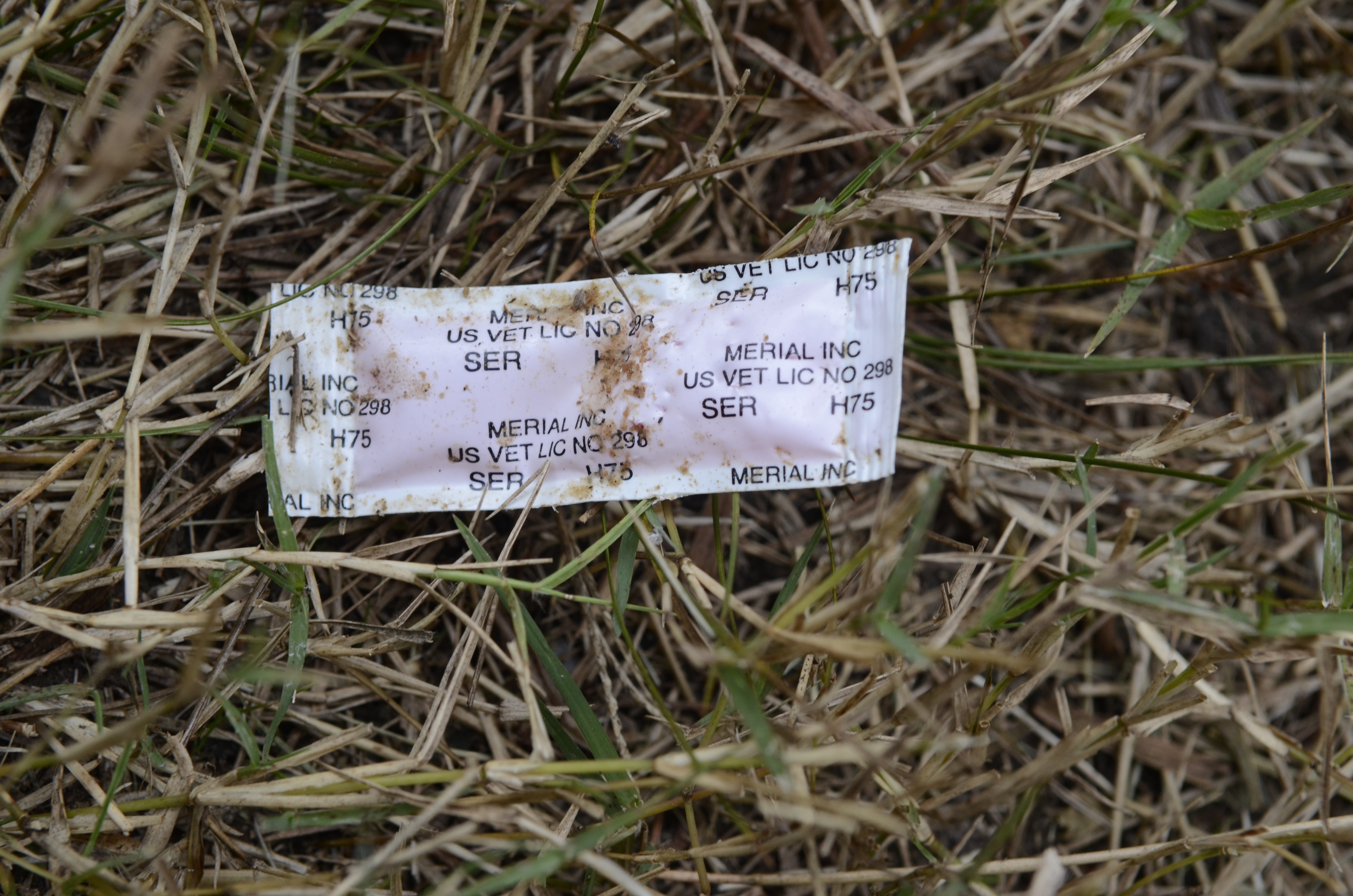In response to a localized outbreak of rabies in Jackson County, Ala., that began in May, federal wildlife officials are asking for the public's help in determining whether the deadly disease is spreading, particularly among raccoons.
"Anyone who encounters a raccoon that is sick-acting or behaving unusually is asked to report the animal," U.S. Department of Agriculture Wildlife Services spokeswoman Carol Bannerman said in a news release to region residents.
This year, 10 animals -- mostly raccoons -- have tested positive for the raccoon variant of rabies in northeast Alabama. Most cases were in Jackson County, officials said.
No raccoons in Tennessee have tested positive for the raccoon variant of rabies since April 2012 and none has tested positive in Hamilton County since 2008. Officials said this surveillance effort is because of the Jackson County outbreak.
In Tennessee's Franklin, Lincoln and Moore counties, residents are being asked to report any dead raccoons, including those hit by vehicles, or live raccoons acting in an unusual way. It is unusual to see raccoons during the day, according to Bannerman.
Jackson County Health Department environmentalist Nancy Webb said in August that four county residents had taken preventive treatment after exposure to rabid animals, but there were no confirmed human cases.
The operation in Franklin, Lincoln and Moore counties seeks to confirm that the disease has not become common there. A vaccine bait drop operation is scheduled there this month, Bannerman said.
A wild animal vaccination effort also is under way in the wider Chattanooga region.
The effort will include distribution of 603,000 baits dropped from airplanes and 23,040 more baits that will be tossed by hand into wildlife habitats, according to federal officials. The baits will be distributed in Tennessee, Georgia, Alabama and North Carolina. Most of the baits will be gone from the environment within 10 to 14 days after being dropped because they get ingested or decompose.
Officials say the area to be baited in Tennessee includes portions of Grundy, Franklin, Lincoln, Marion, Moore and Sequatchie counties. This is in addition to the normal target area that includes portions of Bradley, Hamilton, McMinn, Meigs, Monroe, Polk, Carter, Cocke, Greene, Hamblen, Hawkins, Sullivan, Unicoi and Washington counties.
In Georgia, baits will be dropped in Catoosa, Chattooga, Dade, Murray, Walker and Whitfield counties.
Oral rabies vaccination baits are coated with a fish meal attractant and may be packaged in one-inch-square cubes or two-inch plastic sachets.
Humans and pets can't get rabies from the baits, though dogs can get an upset stomach if they eat large numbers of baits, Bannerman said.
Georgia has more cases of animal rabies than any other state, officials say.
Tim Allee, environmental health director for Northwest Georgia Public Health office in Rome, said anyone who observes strange behavior among wild animals in the three states should get in touch with their local health department's environmental health office.
When baiting efforts first started a few years ago, people called to complain about baits being put out on their property, according to Allee.
"Now they call complaining they're not in the bait area. So I think we're making progress," he said.
Georgia routinely confirms 370 or more rabies cases a year, mostly after a person is bitten. In 2012, Georgia had 373 cases, compared to 48 in Tennessee and 54 in Alabama. Elsewhere in 2012, Florida had 109 and South Carolina had 137, according to the U.S. Centers for Disease Control and Prevention in Atlanta.
Georgia also had more people treated for rabies exposure than 45 other states, with 1,197 treated annually on average, a 2009 CDC study found. The five states with more human exposures -- New York, Pennsylvania, Texas, Florida and California -- dwarf Georgia in population.
Contact staff writer Ben Benton at bbenton@timesfreepress.com or twitter.com/BenBenton or www.facebook.com/ben.benton1 or 423-757-6569.

